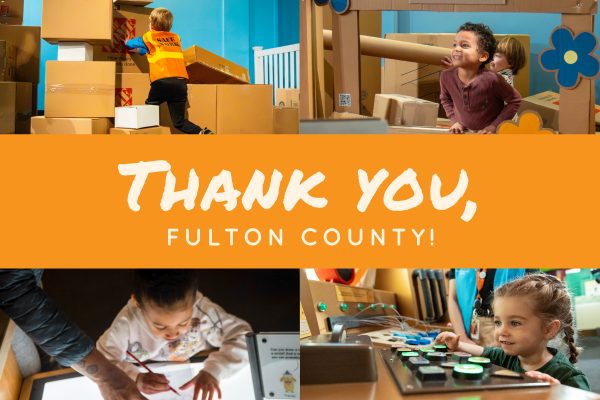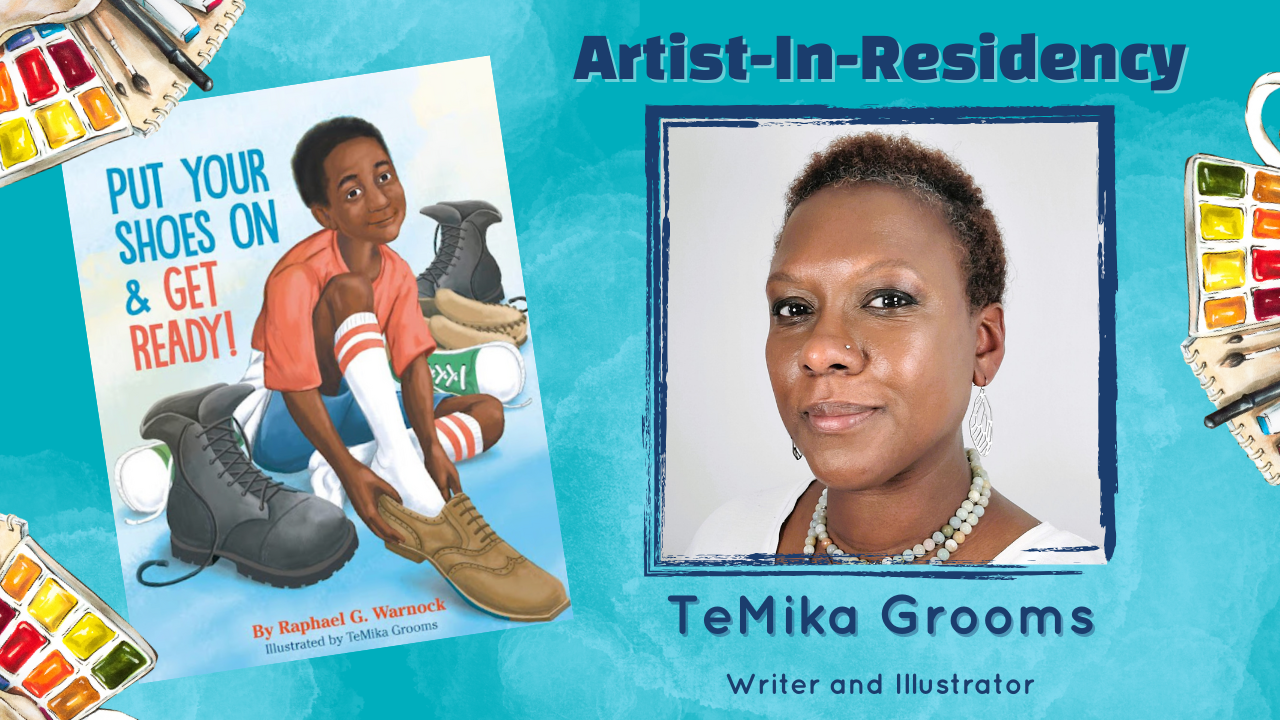NPR: Play is Important
Last week, NPR Ed produced several stories about the importance of play in childhood development and why adults need to carve out time for daily play as well. Below are a few of our favorite pieces. Listen or read the entire series at NPR’s website.
Scientist Say Child’s Play Helps Build a Better Brain
When it comes to brain development, time in the classroom may be less important than time on the playground.
“The experience of play changes the connections of the neurons at the front end of your brain,” says , a researcher at the University of Lethbridge in Alberta, Canada. “And without play experience, those neurons aren’t changed,” he says.
“It’s really central that kids are able to take their natural and intense play impulses and act on them,” says Dr. Stuart Brown, a psychologist and the founding director of the National Institute for Play.
Children need an environment with “the opportunity to engage in open, free play where they’re allowed to self-organize,” he adds. “It’s really a central part of being human and developing into competent adulthood.”
Brown says this kind of free-range fun is not just good; it’s essential. Wild play helps shape who we become, he says, and it should be embraced, not feared.
Play Doesn’t End With Childhood: Why Adults Need Recess Too.
More and more research suggests that healthy playtime leads to healthy adulthood.
“Play is something done for its own sake,” he explains. “It’s voluntary, it’s pleasurable, it offers a sense of engagement, it takes you out of time. And the act itself is more important than the outcome.”
Here’s a great video about why humans love to play and why it benefits all of us.
Need a little help getting started? Take this fun quiz and discover what type of play suits you best! Then, go out and enjoy!


